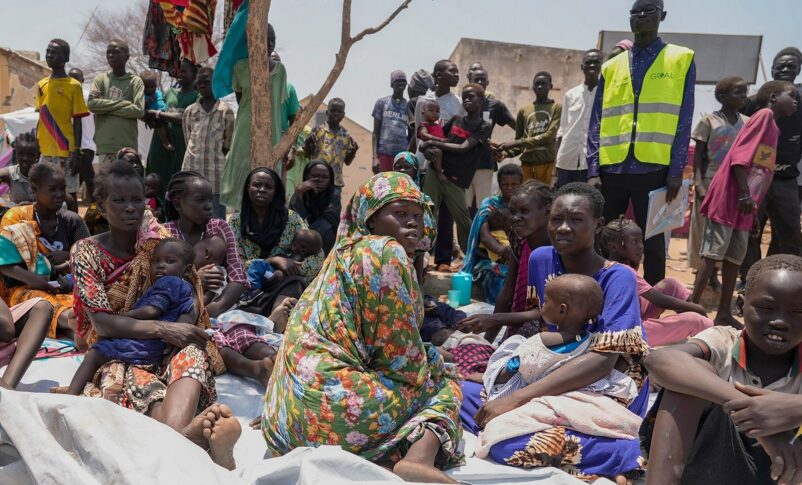Over half of Sudan’s population severely food insecure, aid agencies warn
October 14, 2024 (PORT SUDAN) – Severe acute food insecurity has massively increased since the beginning of the conflict, leaving over half of the country experiencing severe food insecurity, aid agencies warned while urging urgent action and resources to save the situation.
The Food Security and Livelihood Cluster (FSLC), in a statement issued on Monday, said urgent action must be taken to prevent the spread of hunger in the country at war since mid-April 2023.
“Without the immediate allocation of resources and a ceasefire, millions of highly food insecure people will see their conditions deteriorate to near catastrophe levels, or worse be simply left with no assistance at all,” it reads in part.
The FSLC called on the international community to mobilize adequate funding for its operation in order to bridge the gap between the current level of resources and scale of needs.
This intervention, it said, would effectively continue assisting the 11.4 million people targeted.
The cluster also advocated for the delivery of emergency lifesaving food assistance, going beyond the programmatic response plan: innovative and flexible solutions must be scaled-up in collaboration with the Emergency Response Rooms (ERRs), stressing that the risk aversion levels need to be lowered to address the complexity of such a rapidly evolving crisis.
“Where feasible, the use of cash-based transfers offers a dignified and scalable solution to provide rapid assistance,” it said, urging emergency lifesaving and life-sustaining agriculture and livelihoods support to the most vulnerable farmers, agro-pastoralists, pastoralists, and fishers.
The cluster called for pursuing ongoing negotiation and restoration of humanitarian access to the most in need in hard-to-reach areas to improve registration capacities and facilitate aid delivery.
“In line with the early intervention strategy of the Sudan Famine Prevention Plan, full rations must be distributed to populations in hunger hotspots – residents, newly displaced, protracted IDPs [internally displaced persons] and refugees alike – to stabilize the food security outlook and prevent further deterioration,” stressed the cluster.
The armed conflict in Sudan has triggered the world’s largest displacement crisis, with over 10.8 million people internally displaced according to the latest figures from International Organization for Migration (IOM).
Since the conflict began in April 2023, millions have reportedly fled their homes, including more than 2.3 million individuals seeking safety in neighboring countries.
(ST)

